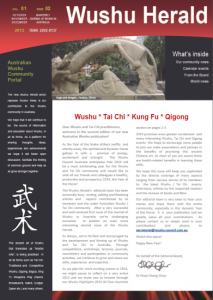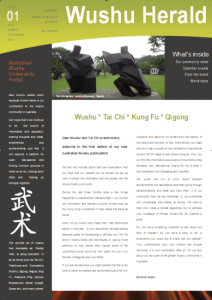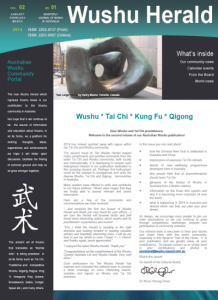Remote Monitoring of Tai Chi Balance Training Interventions in Older Adults Using Wearable Sensors and Machine Learning
by Stefano Sapienza, Gloria Vergara-Diaz, Peter Wayne et al.
* March 2025 Scientific Reports 15(1)) *
Abstract
Tai Chi, an Asian martial art, is renowned for its health benefits, particularly in promoting healthy aging among older adults, improving balance, and reducing fall risk. However, methodological challenges hinder the objective measurement of adherence to and proficiency in performing a training protocol, critical for health outcomes. This study introduces a framework using wearable sensors and machine learning to monitor Tai Chi training adherence and proficiency. Data were collected from 32 participants with inertial measurement units (IMUs) while performing six Tai Chi movements evaluated and scored for adherence and proficiency by experts. Our framework comprises a model for identifying the specific Tai Chi movement being performed and a model to assess performance proficiency, both employing Random Forest algorithms and features from IMU signals. The movement identification model achieved a micro F1 score of 90.05%. The proficiency assessment models achieved a mean micro F1 score of 78.64%. This study shows the feasibility of using IMUs and machine learning for detailed Tai Chi movement analysis, offering a scalable method for monitoring practice. This approach has the potential to objectively enhance the evaluation of Tai Chi training protocol adherence, learnability, progression in proficiency, and safety in Tai Chi programs, and thus inform training program parameters that are key to achieving optimal clinical outcomes.
About the Author(s):
Dr. Gloria Vergara Díaz received her Medical Degree in 2008 and her master degree in Biomedical Research in 2011 from the University of Sevilla (Seville, Spain).
She completed the training program in the specialty of Physical Medicine and Rehabilitation at the Virgen del Rocío University Hospital in Seville (Spain) in 2013. After the residency program, she was working in the same hospital as a physiatrist in the Orthopedic ER and the Physical Medicine and Rehabilitation Department.
She has recently obtained her PhD in Molecular Biology, Biomedicine and Clinical Research (International mention, with honors) from the University of Sevilla (Seville, Spain) with a thesis focused on the application of new technologies for the design of individualized rehabilitation interventions.
Currently, she is a Research Scientist in the Motion Analysis Lab at Spaulding Rehabilitation Hospital and the Department of Physical Medicine & Rehabilitation at Harvard Medical School where she is involved in several research projects focused on emerging technologies applied to the rehabilitation field, including motion analysis, robotics and mobile health technology.
She is interested in the rehabilitation of individuals with neurological disorders, in pediatric rehabilitation and the management of patients with disabling conditions. She is experienced in doing evaluations, monitoring outcomes, and providing therapeutic interventions
Peter Wayne – PhD, is Assistant Professor of Medicine at Harvard Medical School and the Director of Research for the Osher Center for Integrative Medicine, jointly based at Harvard Medical School and Brigham and Women’s Hospital. Prior to this appointment, Dr. Wayne served as the Director of Tai Chi and Mind-Body Research Programs at the Osher Research Center and Founding Research Director at the New England School of Acupuncture. He has more than thirty-five years of training experience in Tai Chi and Qigong and is an internationally recognized teacher of these practices.














